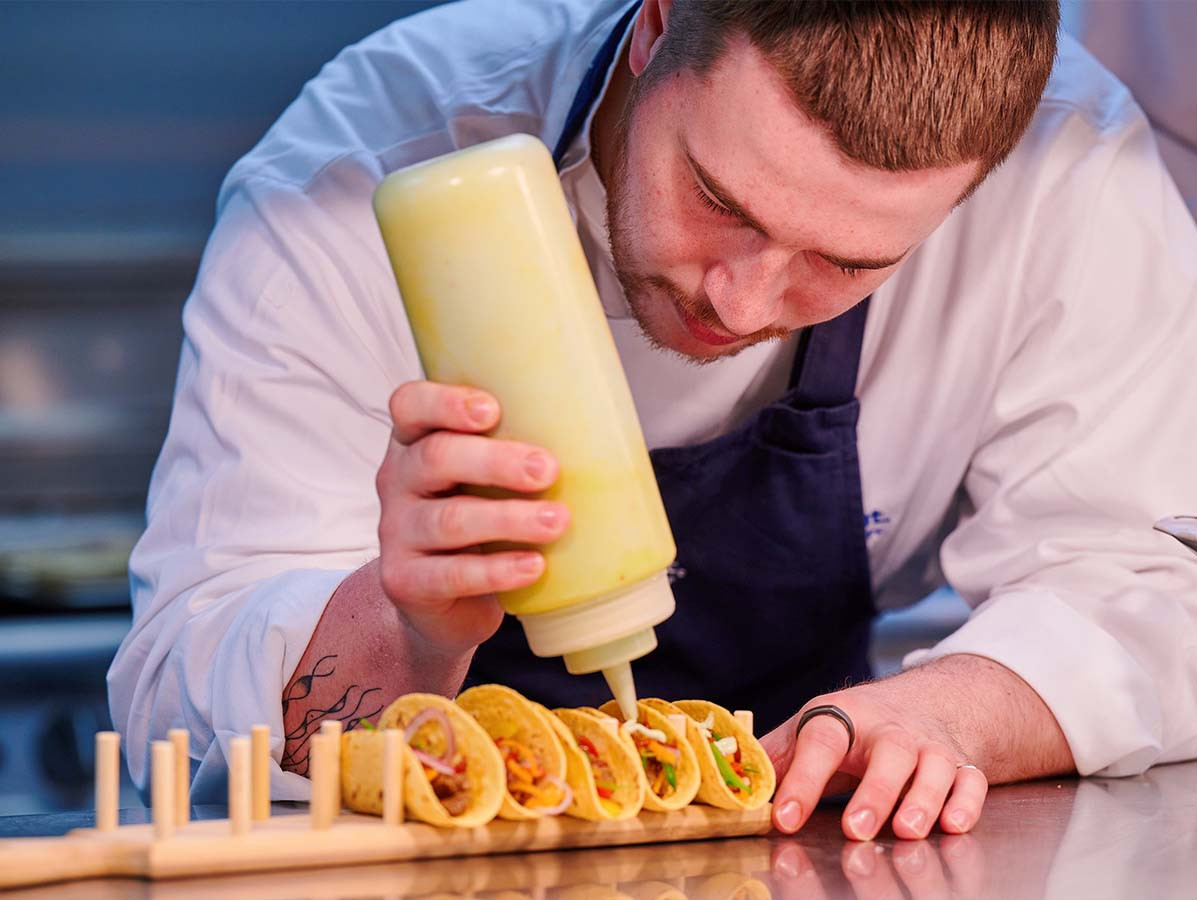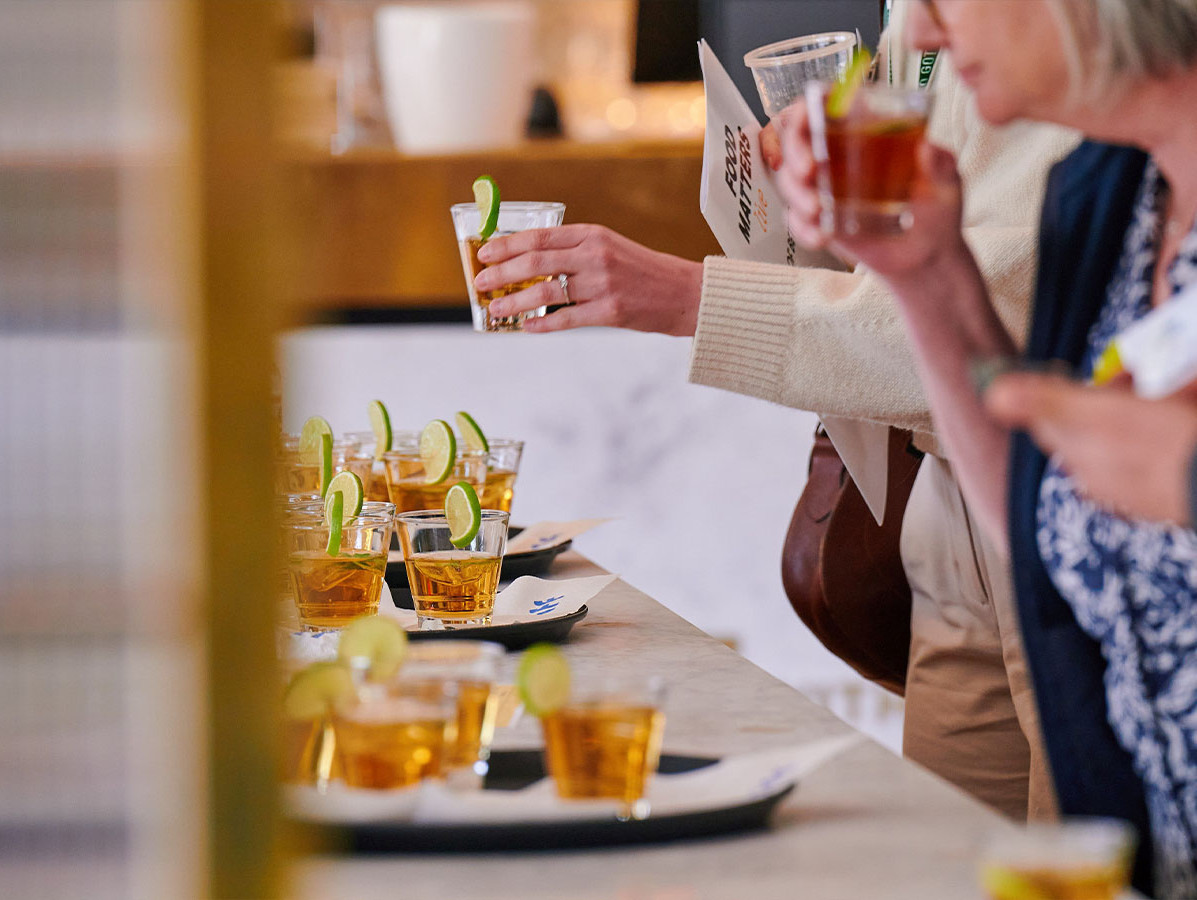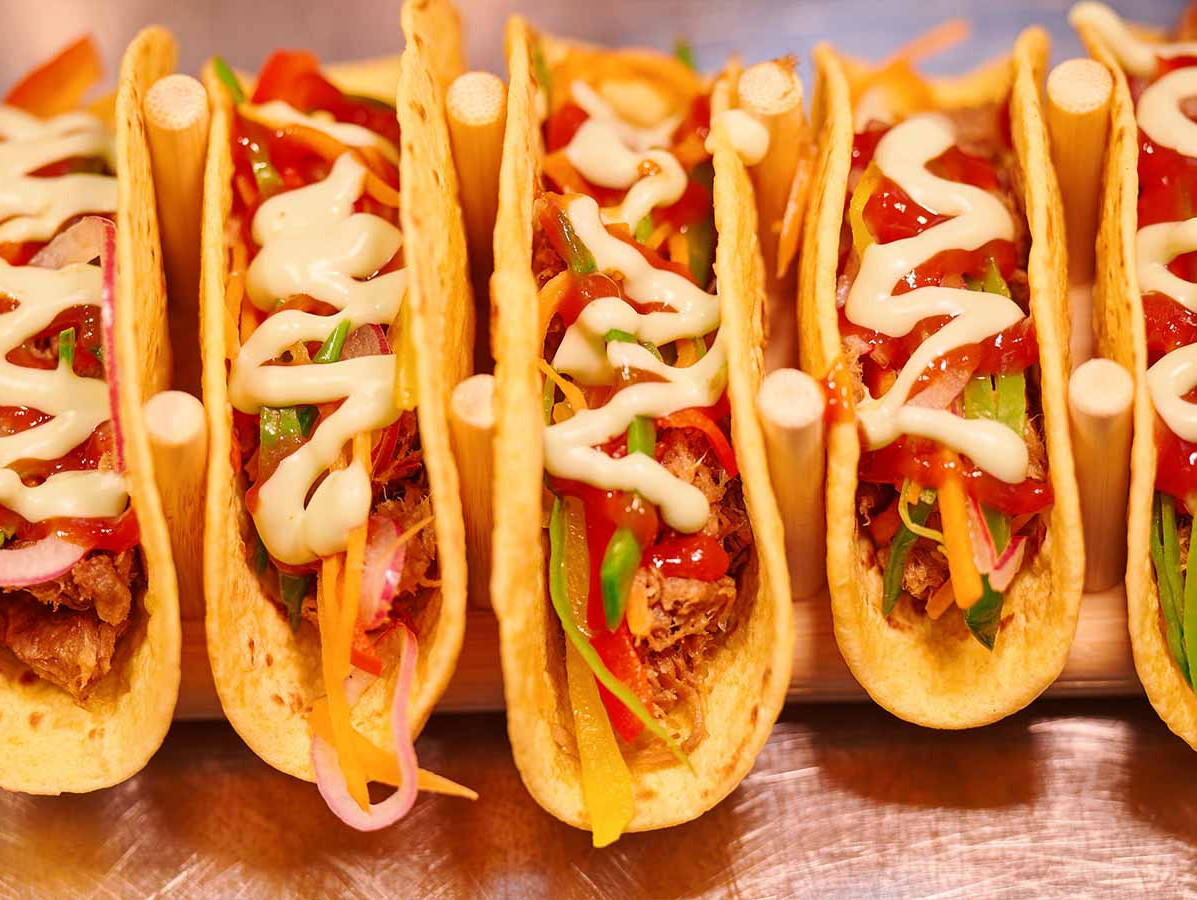
The food and beverage industry continually faces new challenges. Despite the sector's resilience, there is an urgent need for guidance to tackle these issues effectively.
The COVID-19 pandemic, the Russian invasion of Ukraine, extreme weather events, and their consequences – including supply chain disruptions in raw materials like grain and oil, soaring fertilizer prices and labour shortages – have altered how businesses operate, forcing them to adapt to a constantly changing reality. Meanwhile, the political landscape continues to shift. The recent elections in the UK and France, the ongoing US presidential race, coupled with a possible shift in the European Commission's stance away from strict environmental targets related to the Green Deal, create even greater uncertainty for food and beverage companies in the second half of 2024.
While the food and drink industry has remained resilient, it needs guidance to navigate this complex reality, as highlighted by discussions with industry leaders across the food and beverage supply chain. This need is most evident in the industry’s response to climate change. With the increasing impact of this global crisis, many governments have accelerated their focus on sustainability-oriented laws. As a result, companies now face various legally binding targets for carbon reduction and biodiversity – adding significant pressure and uncertainty to an already strained industry.
This pressure and uncertainty can be seen in sustainable sourcing laws. For instance, the planned EU deforestation regulation would mandate companies to submit a "due diligence" statement, backed by geolocation data, to verify that their products have not originated from deforested land – leaving small and medium companies in the dark when it comes to the law’s implementation. Adding to the uncertainty, at the time of writing, the full implementation of the EU deforestation law, scheduled for December 30, 2024, is expected to be delayed.

Moreover, there is growing awareness among consumers and business leaders about the environmental impact of food production. This is driving demand for more sustainable and healthier food options. Research from organizations such as Innova Market Insights and Euromonitor International shows that consumers increasingly prefer natural and minimally processed foods. There is a significant focus on foods that are beneficial for heart, gut, and kidney health, as well as those aimed at active and athletic individuals. Consumers expect the food and beverage industry to support them in their transition toward more sustainable and healthier diets, forcing companies to look for new solutions to keep up with the latest consumer sentiment.
Ingredient innovators and suppliers play a crucial role in helping the industry respond to the above challenges, especially when it comes to consumer demand for sustainability and positive nutrition. They are at the forefront of providing innovative solutions. Examples include AIT Ingredients with its vegan egg-free bakery creations, Daabon’s ethically sourced palm oil, Kreglinger and BENEO’s plant-based meat and fish alternatives, and International Flavours & Fragrances (IFF) with its textured proteins for hybrid and plant-based concepts. However, according to an innovation manager in the UK food manufacturing sector, food producers are not making enough use of their ingredient suppliers to gain insights and guide product development.

At the same time, ingredient innovators need the right industry integration platform to showcase their innovative solutions to the wider food and beverage community. “By combining insightful and informative discussions, together with a focus on exclusive food innovation tasting sessions, we have created an environment of collaborative innovation,” said Briony Mansell-Lewis, Managing Director of Food Matters Live, a UK-based organizer of events for professionals in the food and beverage industry.
Featuring expert talks, food tasting sessions, panels and roundtable discussions, their events focus on sustainable food innovation and are built around a unique and intimate format that enables ingredient innovators to connect with a dedicated audience, including producers, retailers, food service providers, and other industry stakeholders.
Matthew Stokes, Design Director for Northern Europe North Europe Design Director at the International Flavours & Fragrances (IFF), one of the event’s partners, emphasized: “The actual format and the way this is run [Food Matters Live] is great for us. The intimacy with the customer is fantastic - you get really nice interaction.” Martina Dell, Head of Projects & Consultancy at The Sustainable Restaurant Association, confirmed: “The event, particularly the first day deforestation seminar was great. A really focused and informative session which brought the industry together on a really challenging and complex issue.”
In responding to the challenges ahead, food and beverage industry leaders need to engage with ingredient innovators and the broader supply chain to create practical solutions and ideas that will shape the food solutions of tomorrow. Collaboration between different sectors and companies, through platforms such as Food Matters Live, is essential in ensuring resilience on the road ahead.
Source: Vakblad Voedingsindustrie 2024